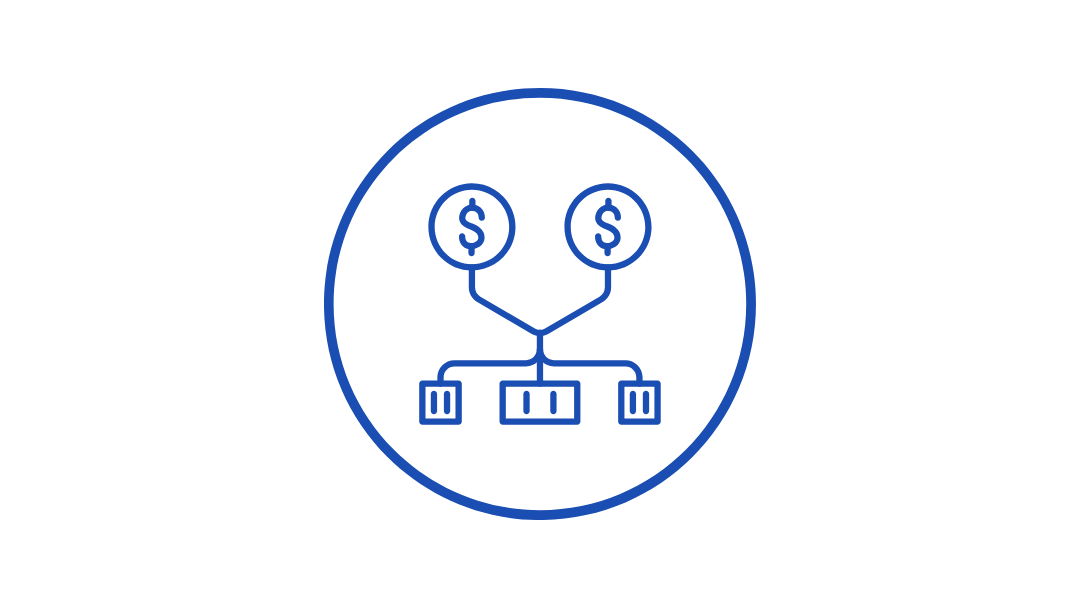Image source: Canva.com
Deciding to go solar is a big step, and it’s important to have all the information you need to make the right choice. Solar energy offers many benefits, but it’s essential to understand the key factors involved to ensure it’s the right move for you. Here’s a guide to help you make an informed decision about going solar.
Understand the Benefits of Solar
Solar energy has become increasingly popular due to its numerous benefits. Understanding these advantages can help you see why so many homeowners are choosing solar.
Key Benefits

Lower Energy Bills
Solar panels generate electricity from the sun, which can significantly reduce or even eliminate your electricity bills.
Environmental Impact
Solar energy is clean and renewable, helping to reduce your carbon footprint and combat climate change.
Energy Independence
By generating your own electricity, you become less reliant on the grid and protected from rising energy costs.
Increase in Home Value
Homes with solar panels often have higher resale values and can sell faster.
Knowing these benefits can help you weigh the pros of going solar against any potential downsides.
Assess Your Home’s Solar Potential
Before deciding to go solar, it’s crucial to evaluate whether your home is a good fit for solar panels. Not every home is suitable for solar, so this step is essential.
Factors to Consider

Roof Condition and Orientation
Solar panels work best on roofs that are in good condition, face south, and have minimal shading. East- and west-facing roofs can also work, but they may be less efficient.
Available Space
You need enough roof space to accommodate a solar panel system that can meet your energy needs.
Local Climate
Solar panels work in various climates, but areas with more sunlight will naturally produce more energy.
Shading
Trees, buildings, or other obstructions that cast shadows on your roof can reduce solar panel efficiency.
A solar installer can conduct an assessment to determine your home’s solar potential, helping you decide if solar is right for you.
Understand the Costs Involved
Going solar involves an upfront investment, so it’s important to understand the costs and how they compare to the potential savings. Knowing the financial aspects will help you decide if solar is a wise investment.
Key Costs

System and Installation Costs
This includes the cost of solar panels, inverters, and installation services.
Maintenance Costs
Solar systems generally require minimal maintenance, but it’s good to be aware of potential costs over time.
Financing Costs
If you finance your system with a loan, lease, or power purchase agreement (PPA), understand the interest rates, monthly payments, and overall costs.
Compare these costs with your current and projected energy bills to see how long it will take for your solar investment to pay off.
Explore Financial Incentives
Several financial incentives can make solar more affordable. These incentives vary by location, but they can significantly reduce the cost of your solar system.
Common Solar Incentives

Clean Electricity Investment Credit (former ITC)
A percentage of the cost of your solar system can be deducted from your federal taxes by at least 30%.
State and Local Rebates
Additional financial assistance that varies by state or municipality.
Net Metering
Allows you to earn credits for excess energy your system generates, which can lower your electricity bill.
Research the incentives available in your area to understand how much you can save on the upfront cost of your solar system.
Consider Your Financing Options
You have several options for financing a solar system, each with its own benefits and drawbacks. Understanding these options can help you choose the one that best fits your financial situation.
Financing Options

Purchase
You own the system outright, which can offer the greatest long-term savings but requires a higher upfront cost.
Loan
Financing the system through a loan allows you to pay for it over time, often with little or no money down.
Lease
You pay a fixed monthly amount to use the system, with little or no upfront cost. However, you do not own the system.
PPA
You agree to buy the electricity generated by the system at a set rate, which may be lower than your utility rate. Like leasing, this involves little upfront cost but no ownership.
Evaluate how each option aligns with your financial goals and how they affect your overall savings.
Evaluate Solar Companies Carefully
Choosing the right solar installer is critical to a successful solar installation. It’s important to evaluate different companies to ensure you’re working with a reputable, experienced provider.
What to Look For

Experience and Credentials
Choose a company with a strong track record and proper certifications for solar installation.
Customer Reviews
Look for positive reviews from past customers to gauge the company’s reliability and customer service.
Warranties and Guarantees
Ensure the company offers solid warranties on both the equipment and the installation.
Transparency
A trustworthy company should be transparent about costs, timelines, and potential challenges.
Get multiple quotes to compare options and find the best company for your needs.
Consider Long-Term Implications
Going solar is a long-term commitment, so it’s important to consider how it will impact your future. This includes thinking about the longevity of the system and how it fits with your long-term plans.
Long-Term Considerations

System Lifespan
Solar panels typically last 25-30 years, so think about how long you plan to stay in your home.
Home Value
Solar panels can increase your home’s value, but this may vary depending on your location and the local real estate market.
Energy Needs
Consider whether your energy needs might change in the future, such as adding an electric vehicle or home expansion.
Making an informed decision to go solar involves understanding the benefits, evaluating your home’s suitability, knowing the costs and incentives, and carefully choosing a solar installer. By taking the time to research and consider these factors, you can make a decision that’s right for you and enjoy the many benefits of solar energy for years to come.





